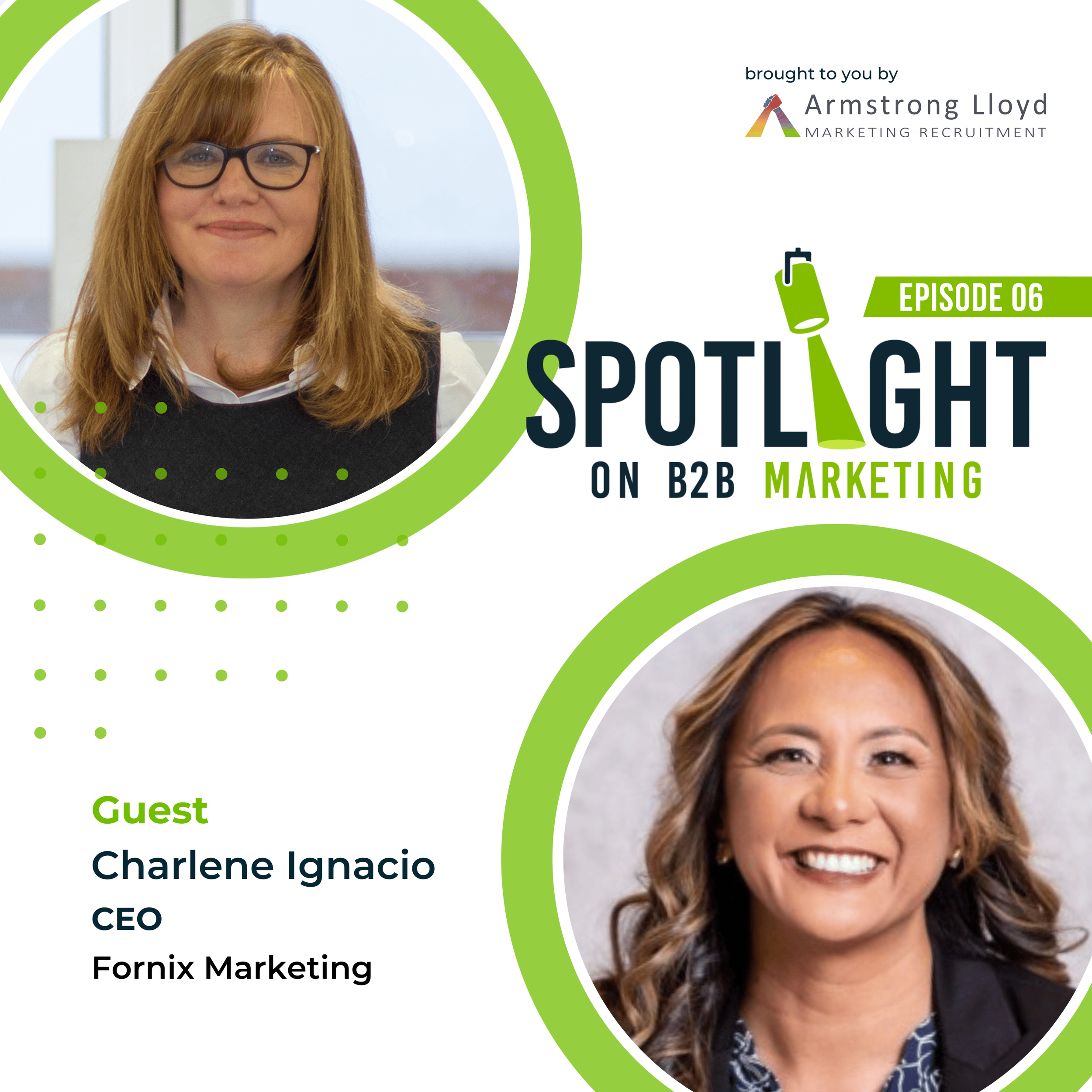5-Step Marketing Framework To Transform Technical Expertise Into Business Value
In the complex world of B2B technology marketing, one of the greatest challenges facing senior marketing leaders is translating sophisticated technical solutions into compelling business value propositions. Whilst technical teams excel at building innovative products, they often struggle to communicate their expertise in ways that resonate with customers and stakeholders. The solution lies not in simplifying the technology, but in creating structured frameworks that bridge this communication gap.
The Foundation of Repeatable Marketing Success
The most successful B2B technology companies don't rely on "lightning in a bottle" moments or sporadic marketing wins. Instead, they build systematic approaches that create consistent, repeatable results. Research consistently shows that B2B technology companies with structured marketing frameworks achieve higher conversion rates and more predictable revenue growth. This systematic approach addresses a fundamental challenge in the industry: the communication gap between technical capabilities and business value.
During a recent appearance on Spotlight on B2B Marketing, Charlene Ignacio, founder of Fornix Marketing and champion of the MSP Trust Advisors movement, confirmed the effectiveness of this approach. "This framework focuses on defining the problem, understanding customer needs, outlining security benefits, emphasizing business aspects, and highlighting customer benefits," she states. This five-step methodology provides technology companies with a proven foundation for communication, enabling even the most technically-focused professionals to articulate their value proposition clearly.
The framework's strength lies in its versatility and applicability across different stages of a company's lifecycle. Whether leading marketing for a startup developing its first go-to-market strategy or guiding an established enterprise through a strategic pivot, this structured approach ensures that products and messaging align before market entry, avoiding costly false starts and poor launches.
Transforming Technical Knowledge Into Customer-Centric Communication
Industry data reveals that 73% of B2B technology companies struggle to effectively communicate their value proposition to non-technical stakeholders. The challenge isn't a lack of innovation or technical prowess—it's the ability to translate complex capabilities into tangible business outcomes. Technical teams often become so immersed in the sophistication of their solutions that they struggle to step back and view their offerings through the customer's lens.
Strategic frameworks address this communication gap by providing a structured roadmap for professionals to focus on practical applications and real-world problem-solving rather than technical specifications. Charlene validates this approach, noting that "companies can avoid false starts and poor launches, ensuring their products and messaging are aligned before going to market."
Market research consistently demonstrates that customers don't purchase technology for its own sake—they invest in solutions that address specific business challenges, improve operational efficiency, or mitigate risks. By systematically working through each step of a structured framework, marketing teams can ensure that every piece of communication, from sales presentations to website copy, maintains this customer-centric focus whilst building credibility with technically-sophisticated audiences.
Building Trust Through Strategic Communication
In today's business landscape, where compliance requirements like GDPR and heightened security concerns dominate boardroom discussions, companies that can effectively articulate how their technical solutions address these challenges gain significant competitive advantage. Studies show that 68% of enterprise buyers prioritise vendors who demonstrate clear understanding of regulatory requirements and security implications.
Marketing leaders who position their organisations as trusted advisors rather than mere technology vendors achieve measurably higher customer retention rates and deal values. As Spotlight on B2B Marketing host Karen Lloyd emphasises, "The framework's versatility allows it to be applied at various stages of a company's lifecycle, from startups to established enterprises looking to pivot."
This shift from product-focused to outcome-focused communication requires discipline and systematic thinking. It demands that marketing teams work closely with technical experts to understand not just what their solutions do, but how they solve specific business problems and create measurable value for customers. Research indicates that companies with strong technical-commercial alignment achieve 23% faster sales cycles and 19% higher win rates than those without structured communication frameworks.
What strategic approaches can marketing leaders implement to bridge the technical-commercial divide in their teams?
Establish cross-functional communication protocols: Create regular sessions where technical teams present their innovations using customer-focused language, whilst marketing teams provide feedback on messaging clarity and commercial relevance. This collaborative approach ensures that complex technical capabilities are consistently translated into compelling business value propositions.
Implement structured go-to-market frameworks: Develop repeatable processes that guide teams through systematic evaluation of customer problems, competitive positioning, and value articulation before launching new products or services. When scaling rapidly or entering new markets, consider partnering with specialist B2B marketing recruitment experts to identify professionals who excel at bridging technical and commercial communication.
Build customer-centric validation processes: Establish mechanisms for testing messaging and value propositions with actual customers before full market launch, ensuring that technical innovations resonate with target audiences and address genuine business needs rather than perceived market gaps.
Develop technical translation capabilities within marketing teams: Invest in training programmes or recruit marketing professionals with both technical literacy and commercial acumen, enabling your team to effectively communicate complex solutions whilst maintaining credibility with technically-sophisticated prospects and customers.
Karen Lloyd, May 2025
About Karen Lloyd
As the founder and director behind our recruitment approach, I bring almost 30 years of unique expertise spanning both recruitment and marketing. Having placed my first candidate in 1996, I've since built 5 start-ups, served as a Board Director for 25 years, and developed recruitment strategies that work in competitive talent markets.
I'm also the host of "Spotlight on B2B Marketing", where I explore B2B marketing trends with industry leaders. My passion lies in helping global businesses grow their revenue-generating teams through strategic hiring and fractional CMO services.
About Armstrong Lloyd
Armstrong Lloyd goes above and beyond being a pure search firm - we partner with your business because we have all stood in your shoes as experienced hiring managers, marketing, and operational business leaders. We have a hidden network that goes beyond LinkedIn searches, adverts, or referrals from ex-colleagues to ensure you're getting the top 1% of talent.
Whether you need interim leadership, marketing team building, or executive search across the UK and beyond, the team at Armstrong Lloyd are here to ensure you reach your commercial business goals by building the best marketing team and strategy to give you a competitive advantage.
Ready to transform your marketing team? Let's talk about how we can help you hire the right talent at the right time.







